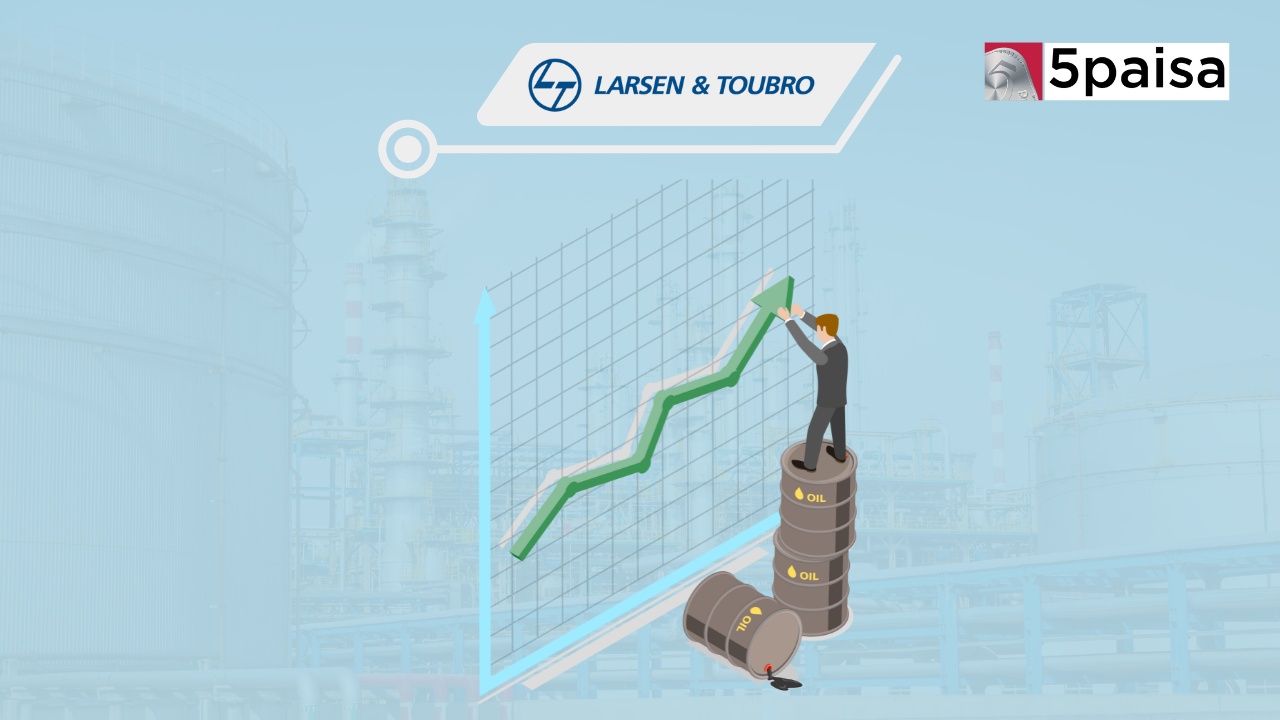Auto companies to invest Rs.20,000 crore in capacity expansion

Last Updated: 13th December 2022 - 08:35 am
It may be the era of electric vehicles (EVs) but the three largest listed auto companies in India are going to invest Rs20,000 crore over the next couple of years to enhance manufacturing capacity. All the three players viz. Tata Motors, M&M and Maruti have a long wait list of car bookings and not enough capacity to cater to this demand. Interestingly, this entire capacity expansion is going to happen in cars using the traditional internal combustion (IC) engines and not in electric vehicles. As demand for cars has spiked in the last one year, the supply has just not been able to keep pace. It is time to focus on supply.
As per the confirmation coming from the chief financial officers (CFOs) of the 3 companies, the combined investment would be Rs.20,000 core and would be spent in ramping up output of waitlisted models. For now, the big growth push is not about the EVs but about traditional cars running on internal combustion engines. While the big-3 remain conscious about the future of carbon-free cars, they obviously cannot shy away from building additional capacities for internal combustion engine vehicles (ICEVs), especially when it is meant to meet the unsatiated demand. These capacities will go live in a couple of years.
One of the leaders of SUVs (sports utility vehicles) in India Mahindra & Mahindra (M&M), is ramping up SUV capacity to nearly 6 lakh units per year over the next year and half. With a current SUV manufacturing capacity of 29,000 units per month, it falling way short of demand growth, especially with its top selling models like the XUV700 now having a waiting period of close to 22 months. M&M will invest close to Rs. 7,900 crore by FY24 to enhance its capacity of SUVs from the current 29,000 units per month to 39,000 units per month. The additional 1.2 lakh units per year will help its export targets and also to reduce waiting time.
Tata Motors, which counts Jaguar and Land Rover among its marquee international brands, is also betting heavily on the Indian auto market. It will be spending Rs6,000 crore for its standalone India business, to expand capacity of passenger vehicles as well as commercial vehicles. Tata Motors currently produces 50,000 units a month but merely debottlenecking will allow Tata Motors to enhance its capacity to 55,000 units a month. Once the Sanand plant acquired from Ford Motors India also goes on stream, it will add about 30,000 units per month and take the total annual capacity to around 9 lakh units a year. That will allow Tata Motors also to give a boost to its India sales franchise. This is in addition to the £2.50 billion or Rs23,500 crore that it will invest to enhance capacity of Range Rover SUVs.
Finally, the passenger vehicles market leader, Maruti Suzuki India Ltd, also plans to invest more than Rs7,000 crore in the current year which will include the construction of a new plant in Haryana and a slew of new model launches. Maruti has already commenced work at the new facility in Sonipat district. This amount will also include the investment in tooling for various new model launches, which itself entails a huge capex. Vendor payments are also expected to be a major capex item in this year for Maruti. In addition, there will also be the routine capex including on R&D and regular maintenance capex.
Most auto analysts are of the view that this is the right strategy. That is because, EV adoption will take time on account of the lack of adequate supporting infrastructure like charging stations along highways, battery swapping etc. As the old saying goes, a bird in the hand is worth two in the bush. For auto companies their captive customers for international combustion engine (ICE) vehicles are the low hanging fruit. Many of them have stood by these auto companies loyally over the years and the auto companies would not want to forsake them. Let us not forget that the car penetration is still quite low in the Indian context, so the market size is still a humongous opportunity to conquer.
Even by the most ambitious estimates, electric vehicles (EVs) will at best constitute about 25% of the total auto market in India by the year 2030. That means the internal combustion engine (ICE) vehicles are likely to be around for several decades to come. That is the low hanging fruit, which no auto company wants to miss out on.
- Flat ₹20 Brokerage
- Next-gen Trading
- Advance Charting
- Actionable Ideas
Trending on 5paisa
06
 Tanushree Jaiswal
Tanushree Jaiswal
Indian Market Related Articles
Disclaimer: Investment in securities market are subject to market risks, read all the related documents carefully before investing. For detailed disclaimer please Click here.
 5paisa Research Team
5paisa Research Team




